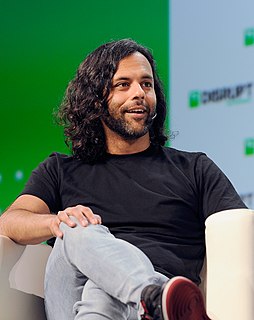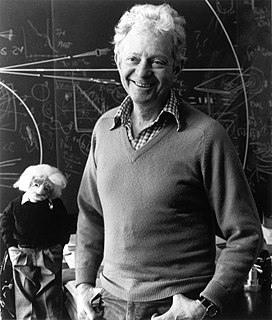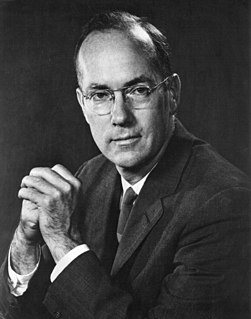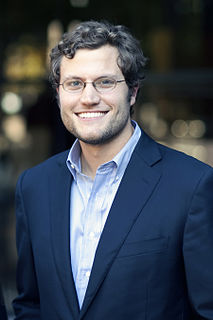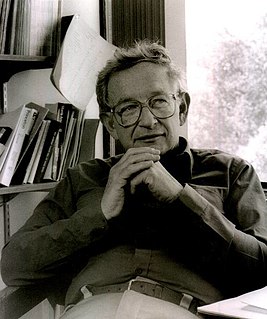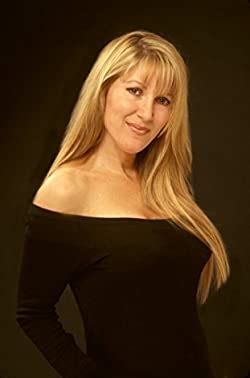A Quote by Leonard Susskind
[Richard Feynman] truly believed that if you couldn't explain something simply, you didn't understand it.
Quote Topics
Related Quotes
Brighter Than a Thousand Suns' by Robert Jungk and 'Surely You're Joking, Mr Feynman!' by Richard Feynman were both books my father purchased for me when I was in high school. Both left a lasting impression on me, because they chronicle the lives of some of the most creative scientists of the 21st century.
My faith in the expertise of physicists like Richard Feynman, for instance, permits me to endorse—and, if it comes to it, bet heavily on the truth of—a proposition that I don't understand. So far, my faith is not unlike religious faith, but I am not in the slightest bit motivated to go to my death rather than recant the formulas of physics. Watch: E doesn't equal mc2, it doesn't, it doesn't! I was lying, so there!
Feynman's cryptic remark, "no one is that much smarter ...," to me, implies something Feynman kept emphasizing: that the key to his achievements was not anything "magical" but the right attitude, the focus on nature's reality, the focus on asking the right questions, the willingness to try (and to discard) unconventional answers, the sensitive ear for phoniness, self-deception, bombast, and conventional but unproven assumptions.
How do you explain to somebody who doesn't understand that you don't build a library to read. A library is a resource. Something you go to, for reference, as and when. But also something you simply look at, because it gives you succour, answers to some idea of who you are or, more to the point, who you would like to be, who you will be once you own every book you need to own.
I think when things happen in our lives that we can't truly understand why they destroy us, it's because we can't truly understand or communicate it to anyone else. And that is what is destructive - you can't communicate it to the people that you love and it makes things deteriorate. Or you're hiding from yourself, or you're hiding from somebody else, and that was really fascinating to me... that life isn't like the movies and you can't always point to one thing and explain why you did things that ended up hurting you.


